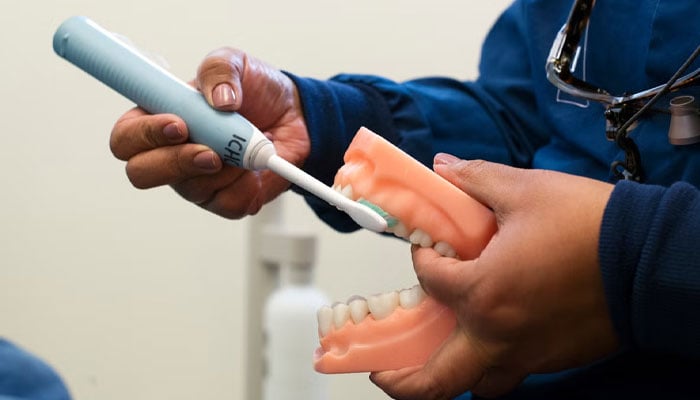
A new study has found a surprising connection between depression and a lack of diversity in the bacteria in the mouth.
A human mouth contains around 500 billion to 1 trillion bacteria, and the collection of those microbes could be used to help diagnose and treat depression.
Dr. Bei Wu, vice dean for research at NYU Rory Meyers College of Nursing, shared in a statement, "It's possible that the oral microbiome influences depressive symptoms through inflammation or changes to the immune system."
She added that depression can also prompt sudden changes in oral hygiene, dietary intake and the pattern of smoking and drinking, which can have a direct impact on the oral microbiome.
The researcher, who is the senior author of the study published this week in the journal BMC Oral Healthnoted, noted, "We need more research to understand the direction and underlying pathways of this relationship."
Study between oral microbiome and depression
The authors of the study have examined data from more than 15,000 adults collected between 2009 and 2012 to compare symptoms of depression with saliva samples.
They also used gene sequencing to identify the microbes in the saliva and measure the diversity of the oral microbiome.
During the study, they found that people with less diversity were more likely to have symptoms of depression.
Medications such as antidepressants and other psychotropic related drugs have side effects that can lead to reduced saliva and change the oral micro-environment.
Notably, the scientists are still studying whether the diversity of microbes in the mouth influences depression, or if depression leads to changes in the oral microbiome.








